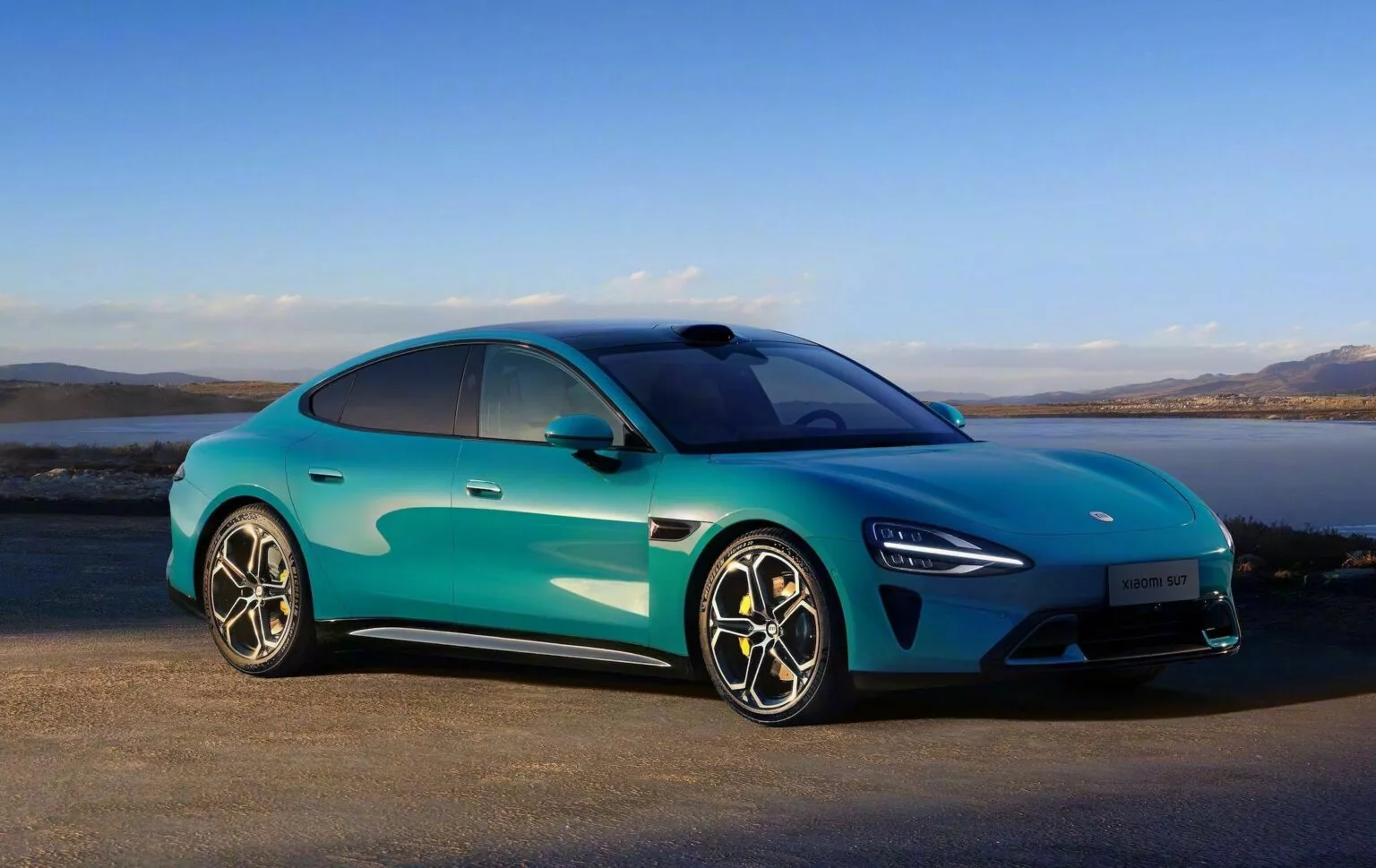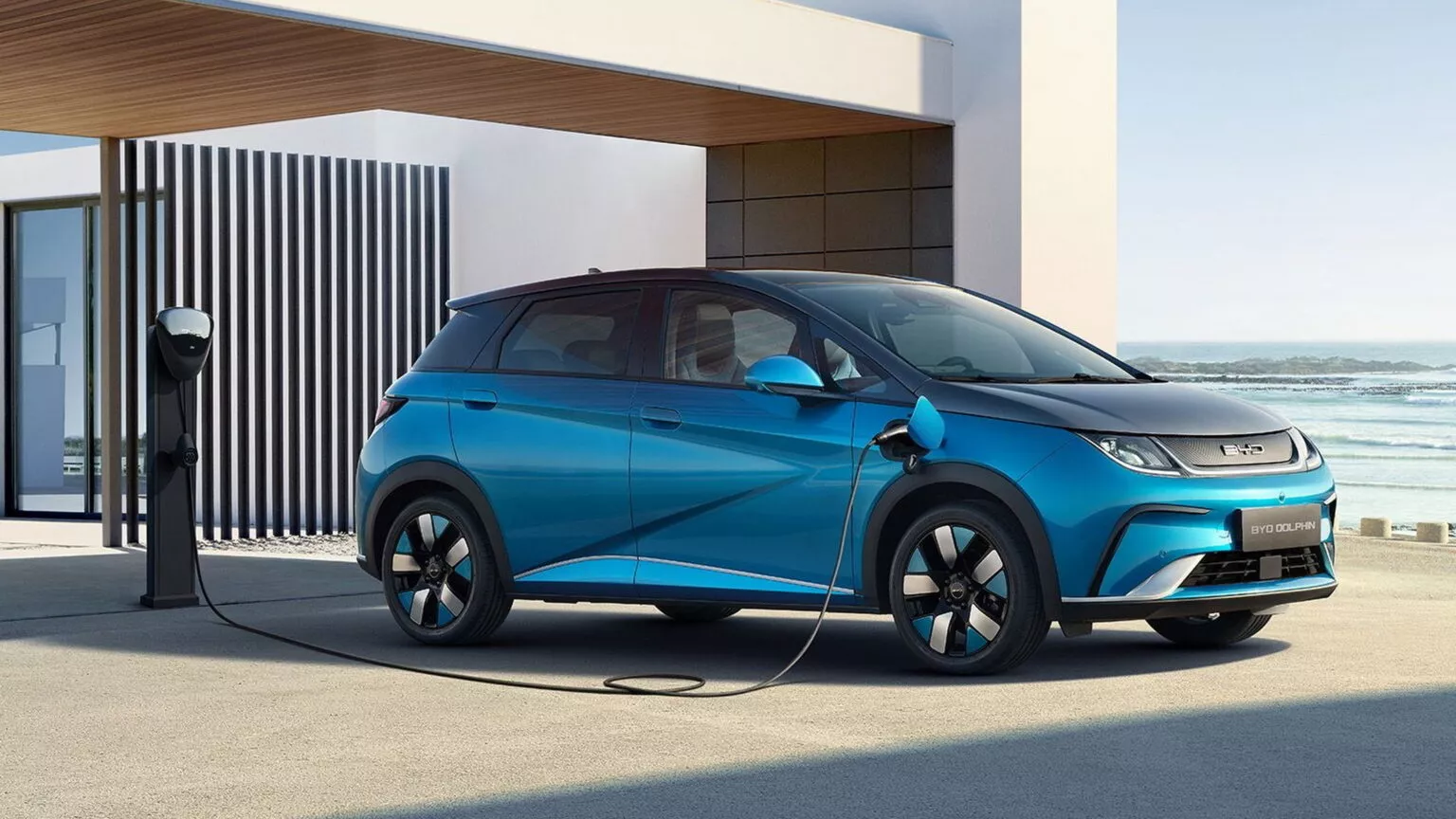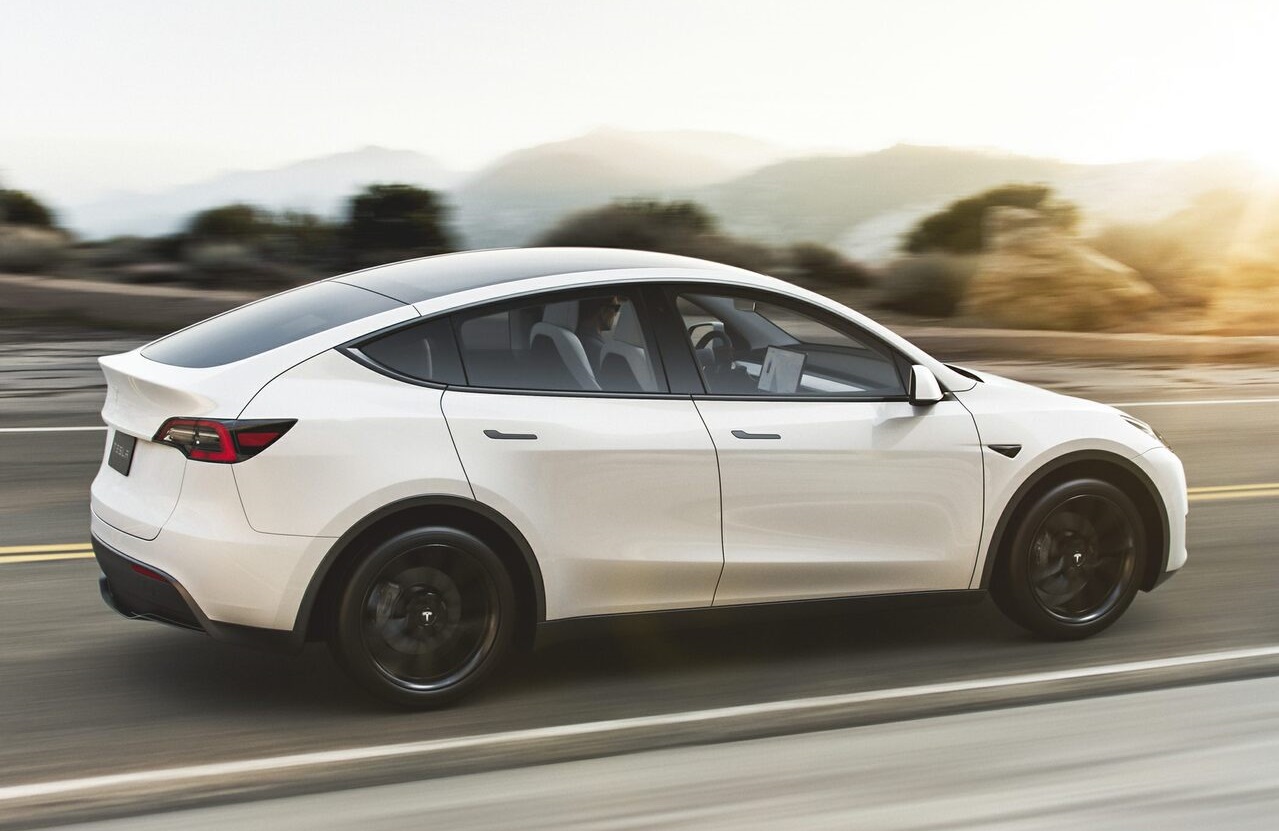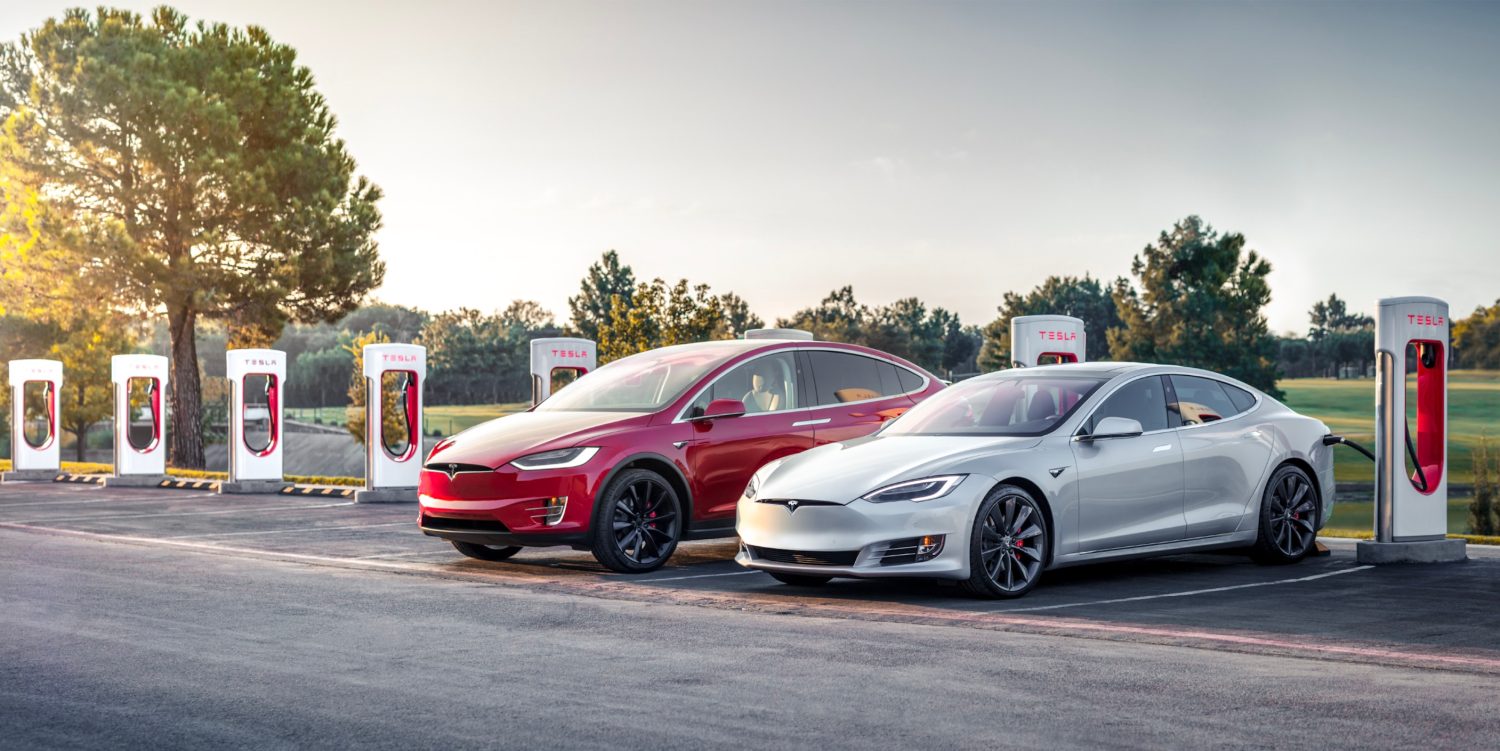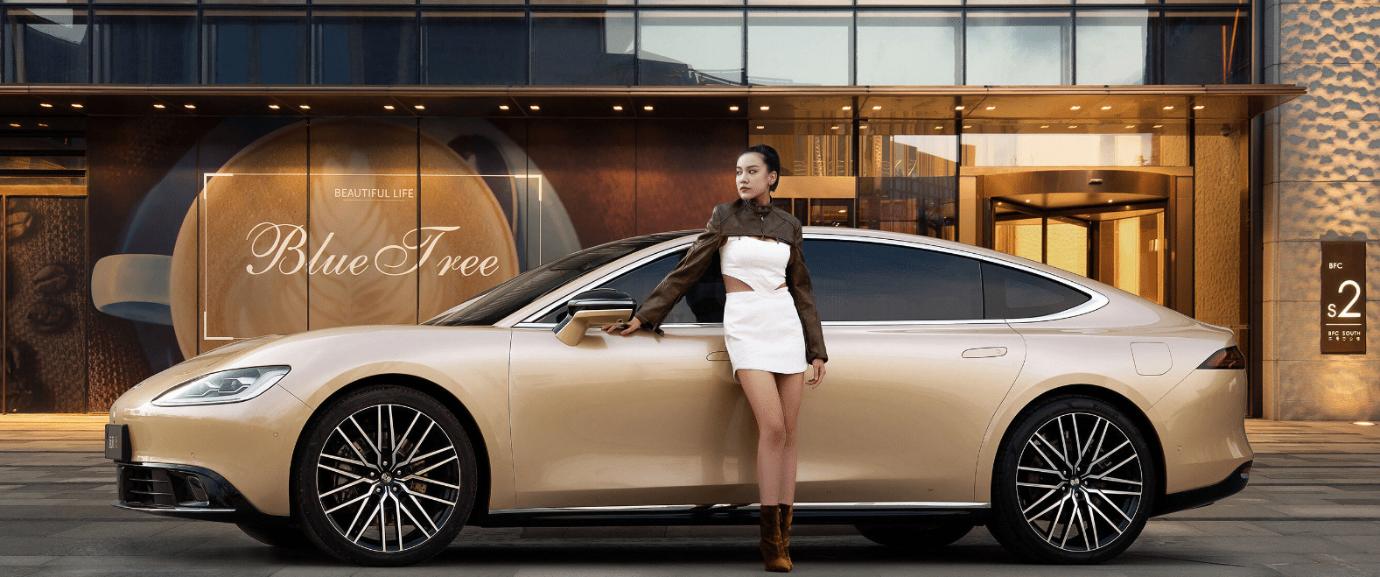Chinese smartphone giant Xiaomi’s electric vehicle (EV) unit, Xiaomi EV, has revealed plans to establish a hybrid sales system encompassing both directly-managed stores and dealership outlets. Following the recent official unveiling of Xiaomi EV’s inaugural model, the SU7, the company signed letters of intent with the first 14 sales and service partners at its Beijing headquarters on December 29.
Xiaomi’s partner and president, Lu Weibing, shared the development in a Weibo post, indicating that the construction of Xiaomi EV’s sales and service channels has moved from the planning stage to substantive implementation. The company aims to build a new retail model centered on direct sales, digitalization, and collaboration with external partners to enhance business efficiency and user experience.
See also: Xiaomi Unveils First Electric Vehicle, Aims to Enter Top 5 Automakers

While specifics were not provided, Lu’s remarks suggest that Xiaomi EV plans to establish both its own directly-managed sales stores and involve external dealers in its sales strategy. This approach contrasts with the predominant direct sales model adopted by many new car manufacturers in China, influenced by Tesla’s approach, with Xiaomi opting for a hybrid model to address potential challenges associated with heavy investment and increasing competition.
Xpeng, another notable player in the Chinese EV market, initially embraced a direct sales model with its first 20 stores but later diversified its approach by incorporating dealer stores. In September 2023, media reports indicated that Xpeng launched the Jupiter Project to enlist dealers, receiving over 1,200 applications to join its sales system.
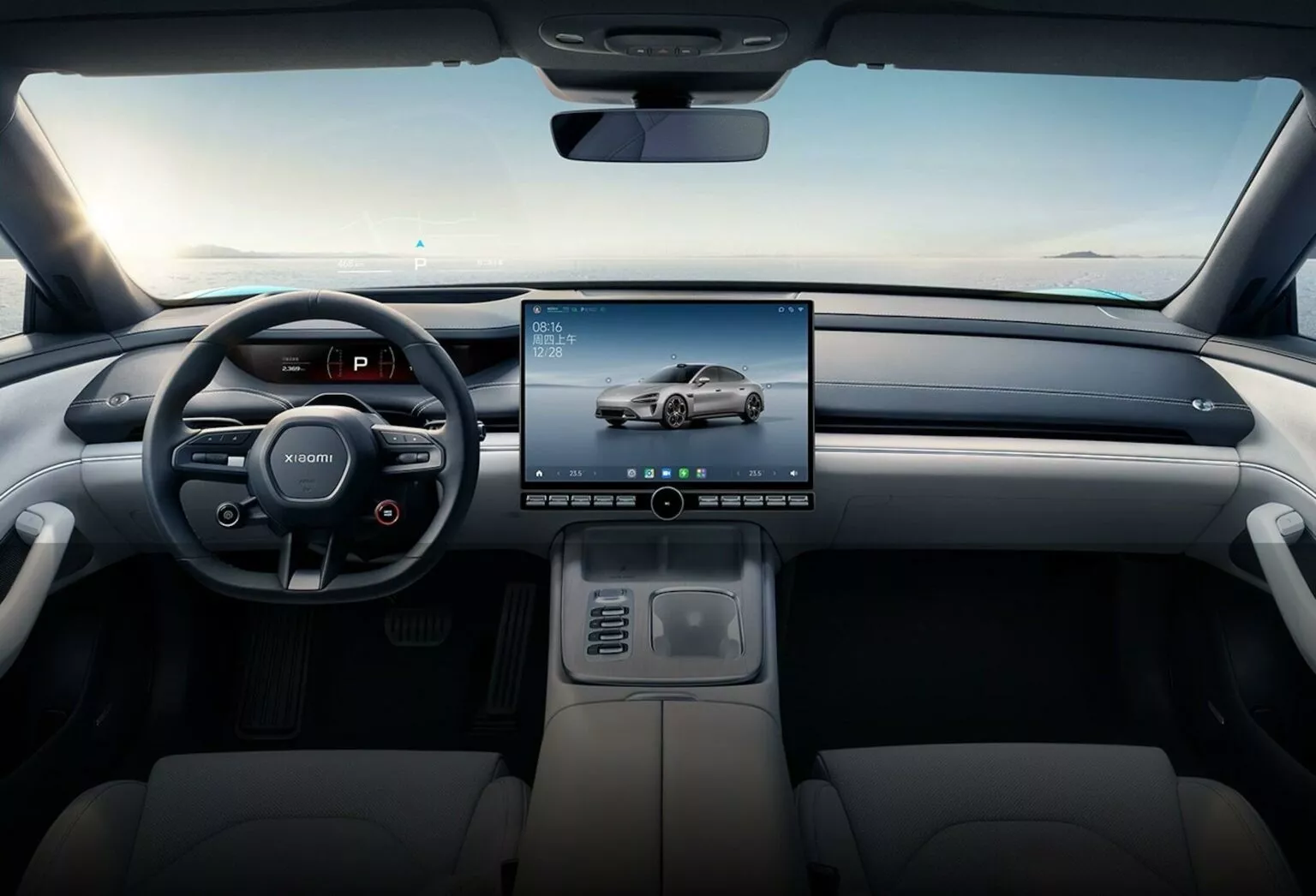
See also: Xiaomi Expands Electric Vehicle Portfolio with Hybrid Models, Plans Three New Offerings
Xiaomi EV officially unveiled the SU7 on December 28, positioning it as a mid-to-large-sized sedan. With aspirations to be among the world’s top five car manufacturers in 15-20 years, Xiaomi aims to establish itself as a leading player in the smart driving space by 2024, according to founder, chairman, and CEO Lei Jun.

